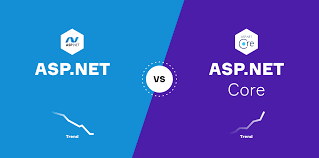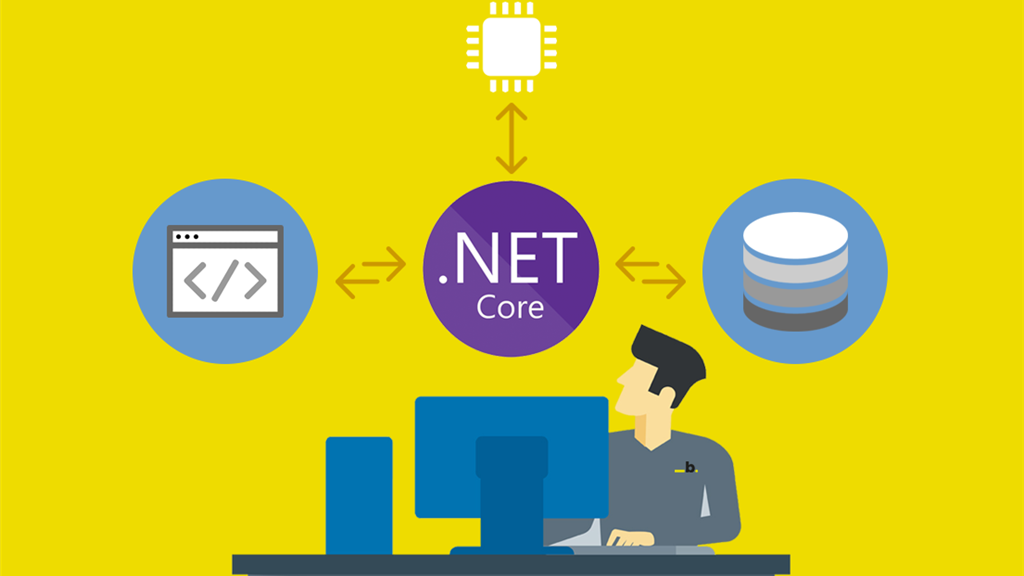ASP.NET vs ASP.NET Core: Key Differences Unveiled
I. Introduction to ASP.NET and ASP.NET Core ASP.NET and ASP.NET Core are two powerful frameworks developed by Microsoft for building web applications. Understanding the basics of these frameworks is essential for anyone looking to create efficient, scalable, and user-friendly web applications. ASP.NET has been around since 2002 and is part of the .NET Framework. It provides robust tools for developing dynamic websites, web applications, and web services. With its comprehensive libraries and easy integration with other Microsoft products, ASP.NET has…



